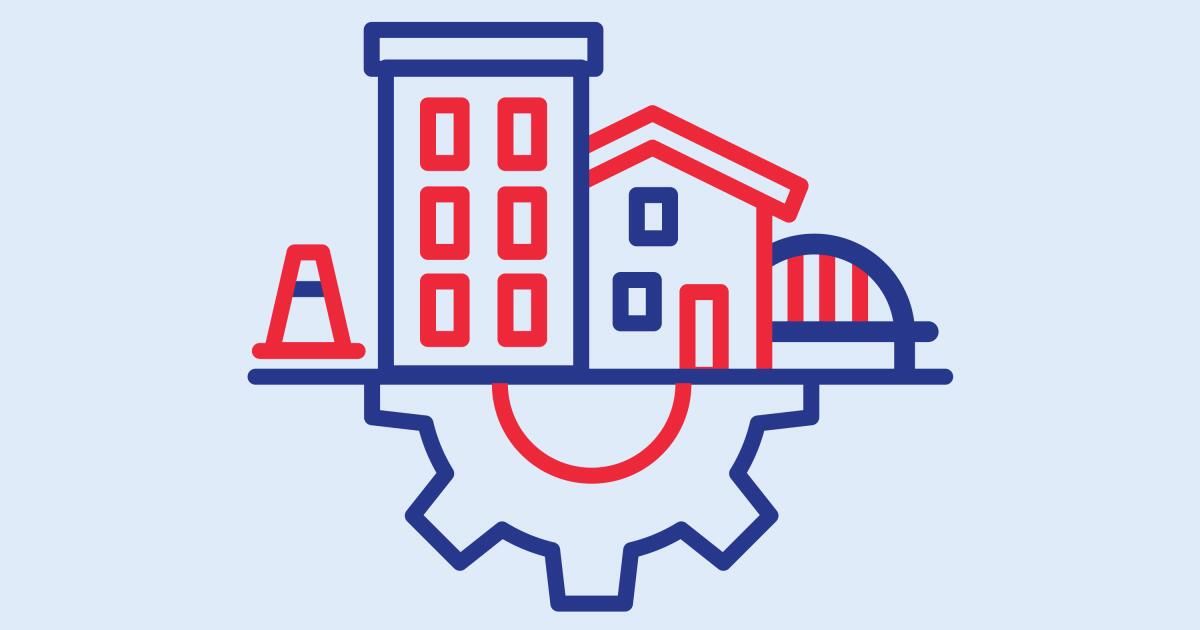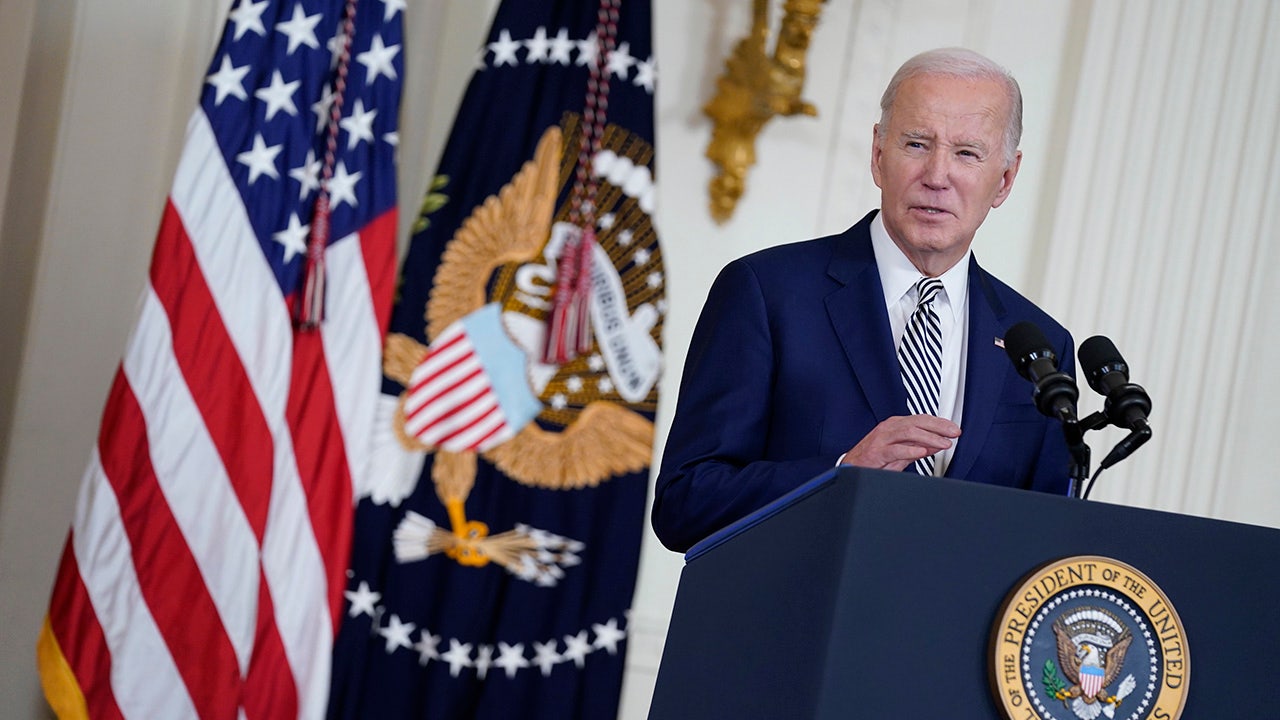Currently, most local bond proposals require a two-thirds vote of the public to pass. If voters approve Proposition 5, this threshold will be lowered to 55% for bonds earmarked for low-income housing, highway and transit expansions, parks, wildfire resilience, and other public infrastructure projects.
The current supermajority requirement for local bond approval dates back to the California Constitution's series of fiscal restrictions inaugurated with the passage of Proposition 13 in 1978.
Due to a previous ballot measure, the threshold for approving local school construction bonds has already been lowered to 55%.
If Proposition 5 passes, it would affect all future local bond campaigns covered by the measure, including those that are simultaneously on the November ballot.
In particular, Bay Area officials are asking voters in November to approve a $20 billion bond to fund several affordable housing programs in that region — the largest housing bond in state history. Passage of Proposition 5 would mean the Bay Area measure would need support from just 55% of voters to pass, rather than two-thirds.












